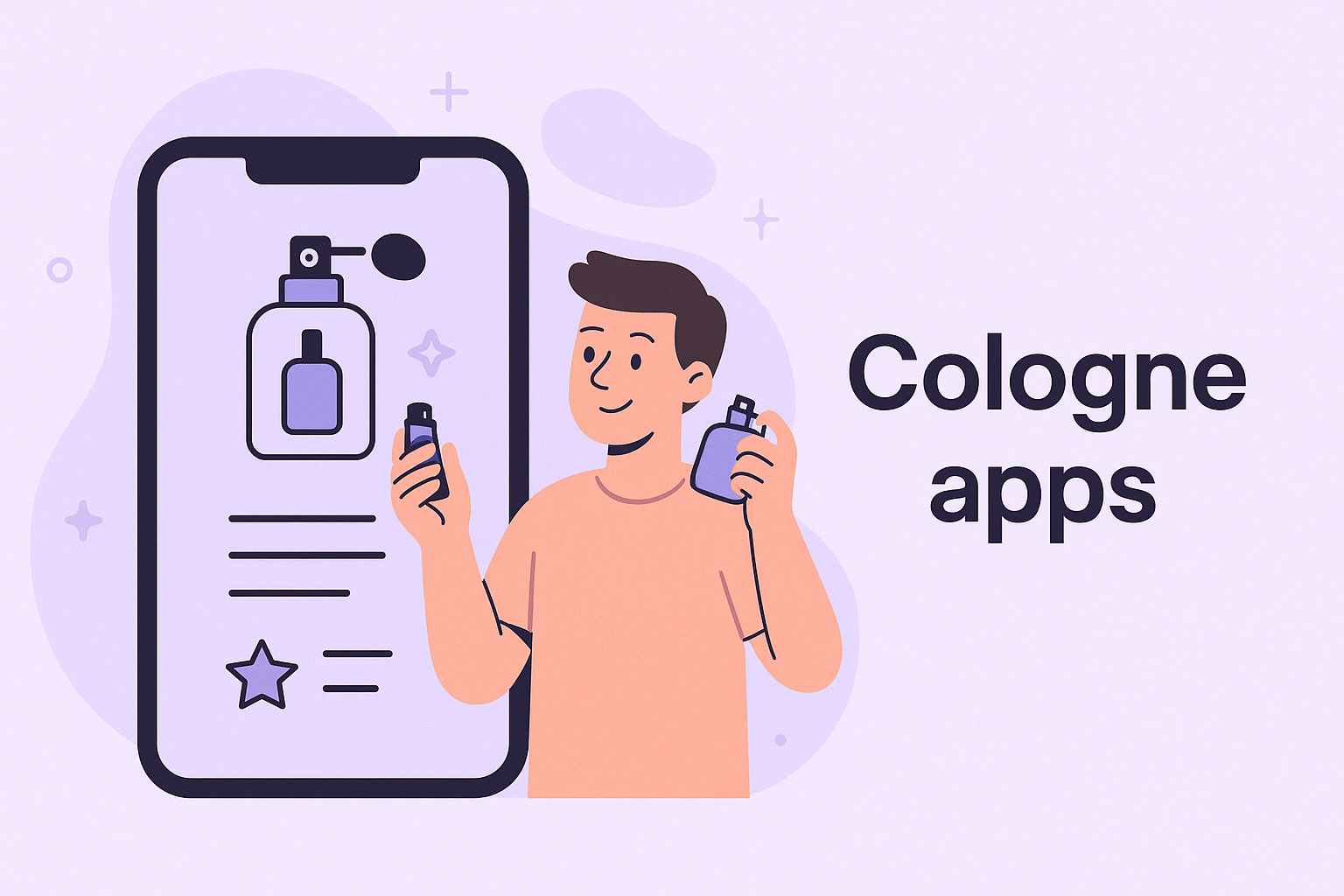When the personal computer was created, software was simple. You paid for it. It worked. That was it.
Then the internet happened. Then Google and Facebook happened. The business model flipped. Instead of charging money, your attention was monetized.
For the last two decades, consumer apps have lived and died on DAUs. Daily Active Users. Investors worshiped it. Founders optimized for it. Every chart needed to slope up and to the right.
Even Larry Page wanted products to pass the “toothbrush test.” Used daily. Twice a day if possible.
I prefer the cologne test.
You don’t use cologne every day. But on the days you do, it matters. It rises to the occasion. Then it gets out of the way.
I wish more apps were like that.
Instead, every company tries to claw into your daily life. Onto your dock. Into your lock screen.
The math explains it. If you make money only when you beam pixels, then you need people glued to the screen.
But something interesting is happening. We’re entering a new golden era of software. People are paying for it again. Directly. OpenAI proved it with ChatGPT. Millions of people subscribe without a second thought. That idea is spreading.
Kubera fits this model. We are not trying to be a daily use app. We work in the background, tracking all your assets, building history, and sending the minimum alerts. And when something happens to you, we quietly deliver your financial information to your loved ones.
In the early days, some users and investors told us to add bank and card transactions. Make Kubera daily. Help people track their lattes. That’s not what we are.
We’re not a calorie counter for money. We’re a balance sheet. A legacy plan. A tool for the moments that actually matter.
Good apps take your time. Great apps give it back.
Cheers
Rohit
Founder, Kubera







